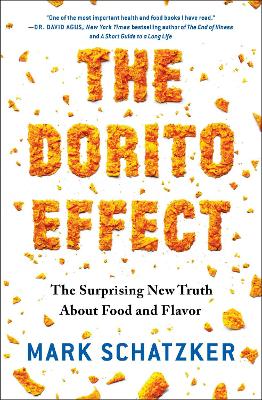Reviewed by Jeff Sexton on
What I *did* see here was a solid look at concepts most - even myself - don't actively consider, and here Schatzker takes us on a detailed yet intriguing look behind the scenes and gets quite technical indeed... while never losing his readability (at least when having the book read to you). That alone is quite the feat for many science writers, and that he was able to pull this off so well is a mark of a stronger science writer.
Schatzker was also remarkably *balanced*, decrying Big Food and Big Ag for their efforts that led to blandness and loss of flavor over the last several decades while acknowledging that these same efforts are what has enabled humanity to continue to feed itself - and applauding these same groups' efforts to re-introduce flavor while maintaining as much modern yields as possible. Even here though, he does note - and *arguably* seem to take a touch of glee in - the idea that flavorful, more nutritious foods will always be a few multiples more expensive than more bland, less nutritious foods. Which yes, does allow at least a potential perception of classism, though I note here that I never really felt he was being classist so much as simply a gourmand passionate about truly great food. Indeed, the final pair of chapters, structured around his efforts at a "perfect meal" of sorts, brought the entire narrative together quite well while also being quite visceral in its love of both that meal and telling the tale of it.
Overall a truly intriguing book, and one that even 8 years after initial publication, as I write this review having read this book just this month, still needs to be widely read and... digested. Very much recommended.
Reading updates
- Started reading
- Finished reading
- 31 January, 2023: Reviewed
